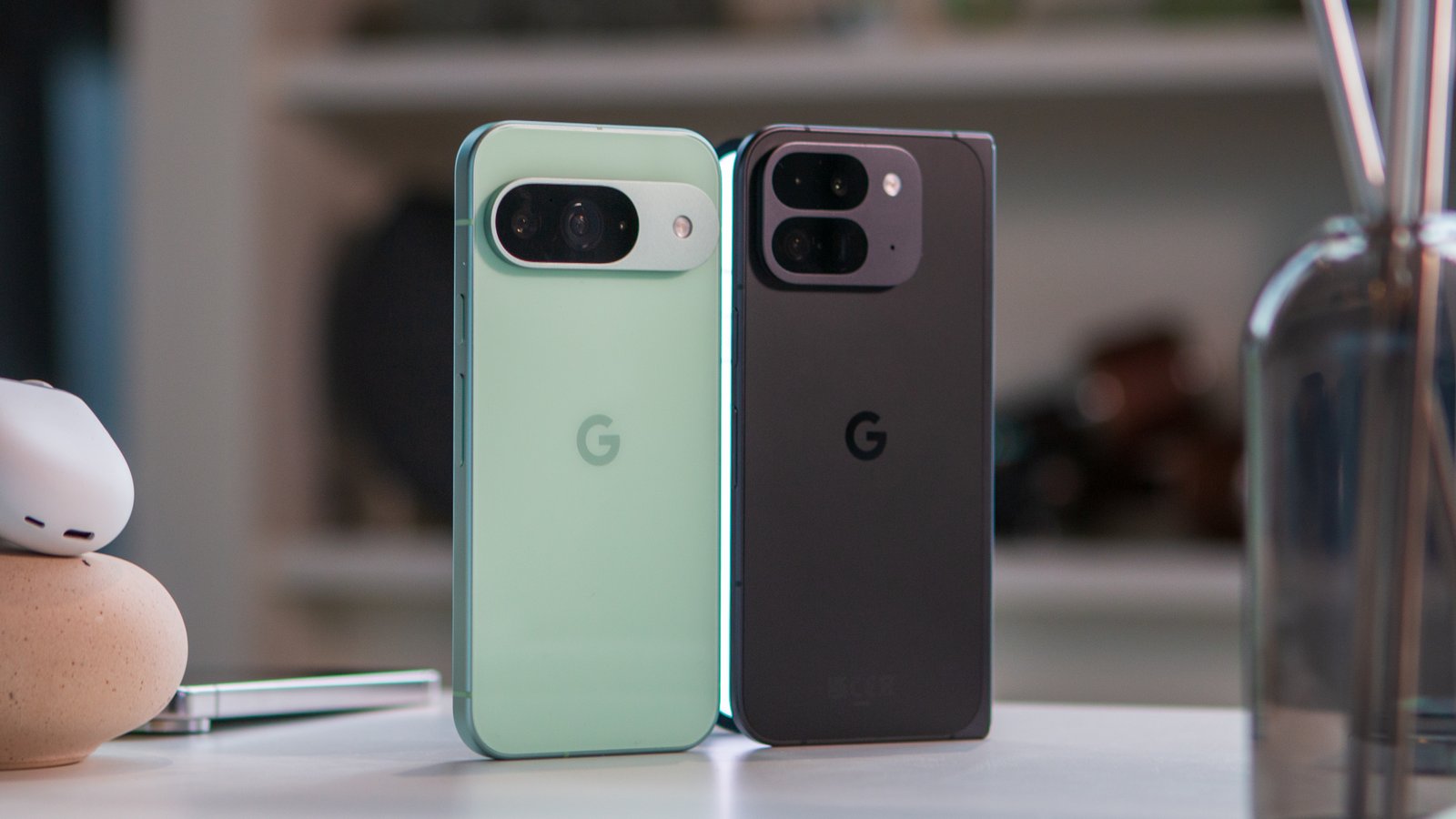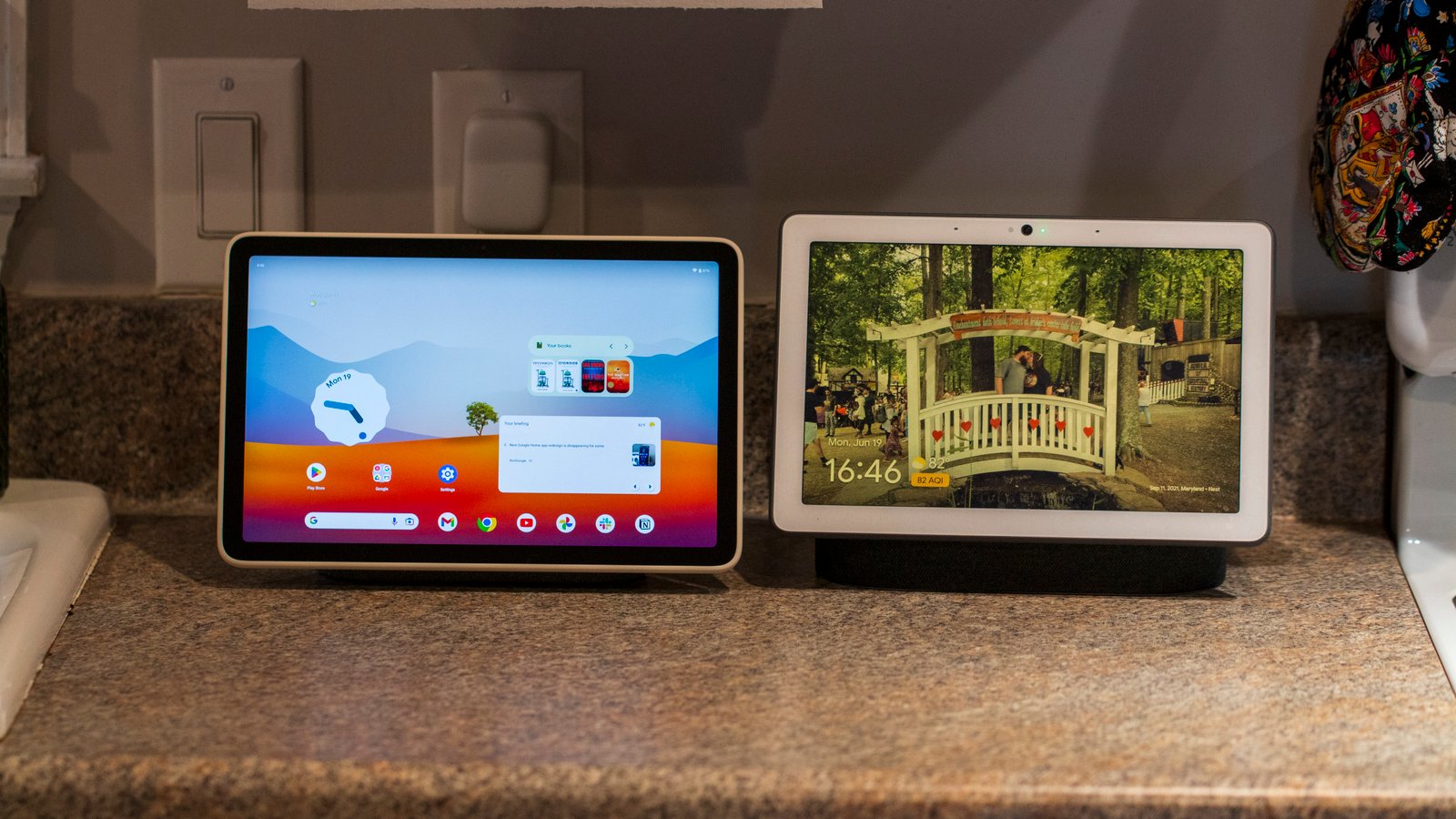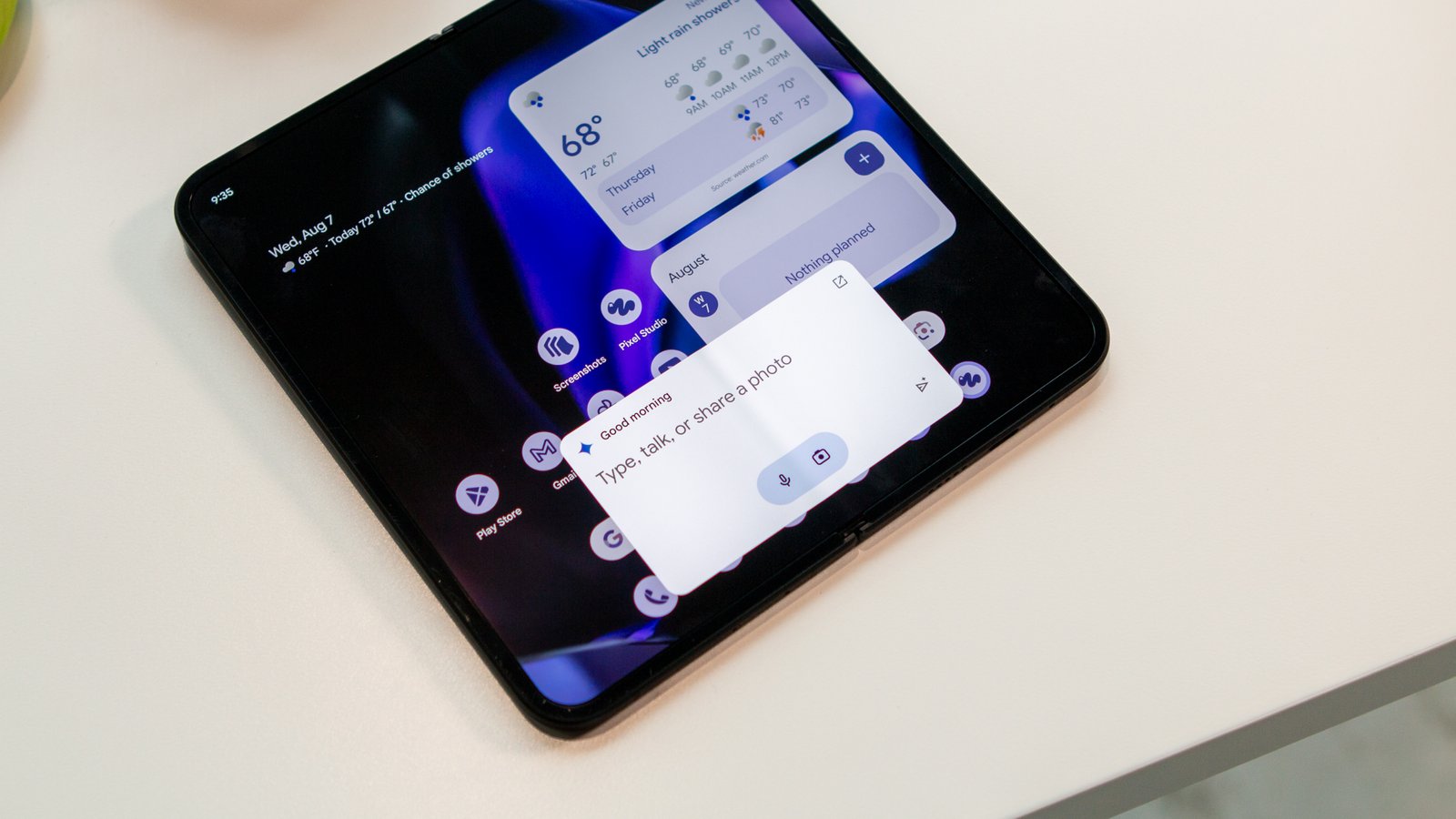I was thrilled when Google released the original Pixel Tablet last year, hoping it would address the company’s smart home strategy. Many expected the tablet to integrate all of Google’s smart home products into one convenient unit, but it ended up functioning more like a regular tablet with added smart home features. The experience fell short of expectations for many hoping for a Nest Hub replacement.
With no announcement of a new tablet iteration during the recent Pixel event, many wondered if Google was rethinking its smart home strategy with its Gemini efforts or if the original tablet was a one-off project.
Focusing on Gemini and flagship phones

Google seems to be prioritizing its Android software integration with Gemini in its latest Pixel 9 lineup. Rick Osterloh highlighted this before announcing the devices, emphasizing the incorporation of Gemini Live into the operating system.
Gemini Live allows users to engage in a conversational experience on mobile devices and overlay Gemini’s UI on top of any app, including YouTube videos. Google’s focus appears to be on software rather than hardware, using its hardware as a base for other Android-based companies.

The absence of a Pixel Tablet 2 launch suggests Google is more interested in refining its Gemini strategy before revisiting smart home integration. Gerrit Schneemann highlights the importance of Gemini Live with Nest Thermostat integration but proposes a dedicated smart home device may be more suitable than a mobile hub.
Schneemann emphasizes the growing significance of voice in user experience with Gemini Live but questions the practicality of a mobile screen competing with smartphones in a household setting. A dedicated smart home device or app might be more effective.
Do we even need a Pixel Tablet?

The necessity of a Pixel Tablet is brought into question, with concerns about the practicality of a tablet as a dedicated smart home device in comparison to existing smart home setups. The limited utility and usage patterns of tablets in modern households raise doubts about the need for a Pixel Tablet or similar device for smart home control.
As the Pixel Tablet falls short of expectations in delivering a robust smart home experience, users may find it lacking compared to dedicated smart home devices like the Nest Hub Max. The Pixel 9 Pro Fold, with its large screen and premium features, may serve as a more capable alternative to traditional tablets for smart home integration.
The Pixel 9 Pro Fold is the new Tablet

Google may be shifting focus away from traditional tablets towards devices like the Pixel 9 Pro Fold, which offers a tablet-like experience with a larger internal display. The premium nature of the device and limited availability suggest it may not serve as a dedicated smart home device, but it demonstrates Google’s exploration of larger screen form factors.
The decline in popularity of traditional tablets and consumer reluctance to invest in them indicates a shift in demand away from tablets. Google’s emphasis on refining its smart home strategy and potential Nest hardware revamp may overshadow the need for a dedicated tablet device.
It’s time for a Nest revamp
Source link . You can check them out for other stuffs
